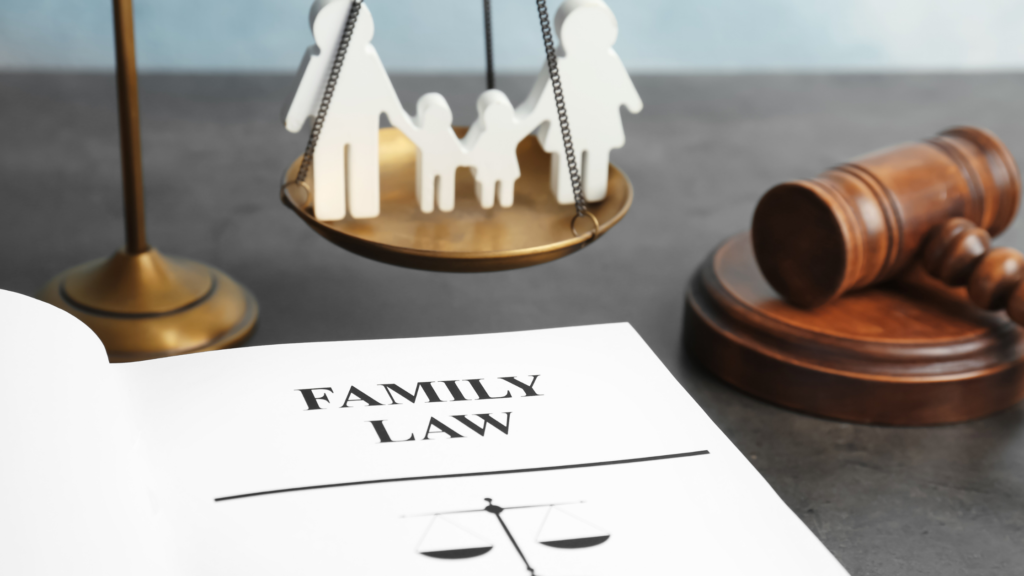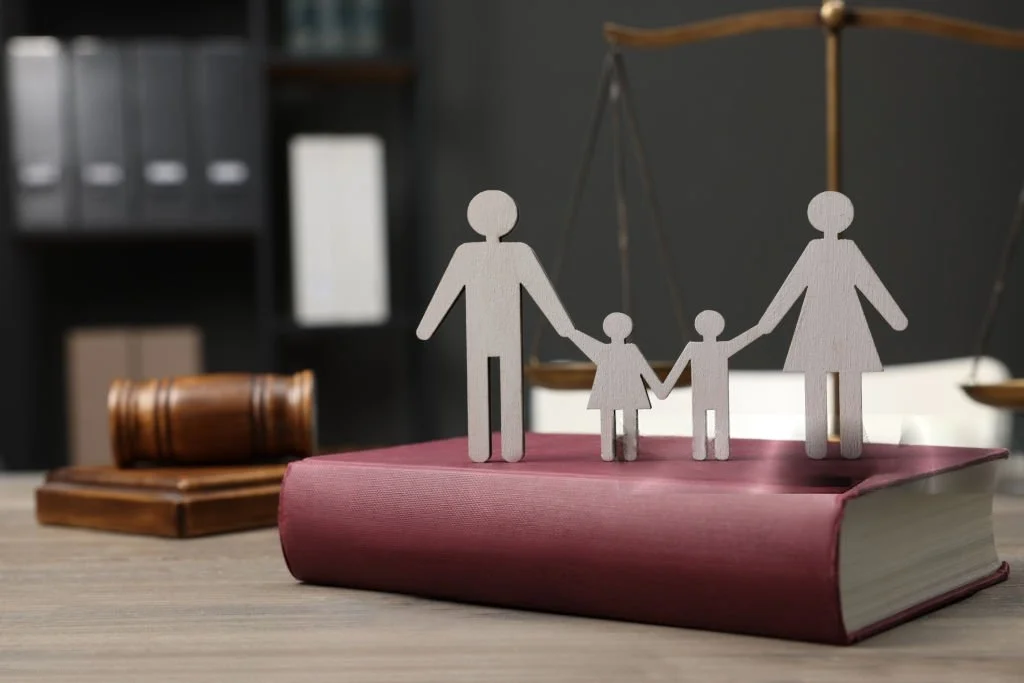Family law in Brisbane encompasses a wide range of legal issues that affect parents and their children. Understanding the intricacies of family law is crucial for parents navigating separation, divorce, and child custody matters. This article aims to provide essential insights into Brisbane family law, ensuring that parents are well-informed about their rights and responsibilities. From understanding the legal framework to exploring the processes involved, the following sections will equip parents with the knowledge they need to make informed decisions.
Understanding Family Law in Brisbane
The Legal Framework
Family law Brisbane is primarily governed by the Family Law Act 1975, which is a federal legislation applicable across Australia. This Act covers various aspects of family relationships, including marriage, divorce, property settlement, and parenting arrangements. The Family Court of Australia and the Federal Circuit Court of Australia are the primary jurisdictions that handle family law matters.
In addition to the Family Law Act, state laws may also apply, particularly in areas such as child protection and domestic violence. It is essential for parents to be aware of both federal and state laws to fully understand their rights and obligations.
Key Terminology
Familiarising oneself with key terminology in family law can significantly aid in understanding legal proceedings. Some important terms include:
- Custody: Refers to the legal right to make decisions about a child’s upbringing.
- Access: Refers to the time a child spends with a parent who does not have custody.
- Child Support: Financial assistance provided by a non-custodial parent to support the child’s living expenses.
- Property Settlement: The division of assets and liabilities following a separation or divorce.
Parenting Arrangements
Types of Parenting Orders
When parents separate, they must determine how to manage their children’s care and upbringing. Parenting orders can be made by the court to establish arrangements that are in the best interests of the child. These orders can include:
- Live with Orders: Designate which parent the child will live with.
- Spend Time Orders: Outline the time the child will spend with each parent.
- Communication Orders: Specify how and when a child will communicate with the parent they do not live with.
It is crucial for parents to approach these arrangements with the child’s best interests at heart, as the court prioritises the welfare of the child above all else.
Best Interests of the Child
The Family Law Act stipulates that the best interests of the child must be the paramount consideration in any parenting matter. Factors that the court considers when determining what is in the child’s best interests include:
- The child’s relationship with each parent.
- The child’s views, depending on their age and maturity.
- The need to protect the child from harm.
- The capacity of each parent to provide for the child’s needs.
Parents should strive to maintain a positive relationship with their children and encourage open communication, as this can significantly influence the court’s decisions.
Child Support Obligations
Understanding Child Support
Child support is a financial obligation that one parent may have to contribute towards the upbringing of their child. The amount of child support is determined by the Child Support Agency, which considers factors such as the income of both parents, the number of children, and the time each parent spends with the children.
Parents can either agree on a child support arrangement privately or seek a formal assessment from the Child Support Agency. It is essential for parents to understand their obligations and ensure that they comply with any child support orders to avoid legal repercussions.
Modifying Child Support Arrangements
Changes in circumstances, such as a change in income or the needs of the child, may necessitate a modification of child support arrangements. Parents can request a reassessment from the Child Support Agency if they believe that the current arrangements are no longer suitable. It is advisable to keep records of any changes in financial circumstances to support such requests.

Property Settlements
Understanding Property Division
Property settlement involves the division of assets and liabilities between separating or divorcing couples. The Family Law Act provides a framework for determining how property should be divided fairly. Factors that are considered include:
- The financial and non-financial contributions of each party.
- The future needs of each party, including care of children and income disparity.
- The length of the relationship.
It is advisable for parents to seek legal advice to understand their rights and entitlements regarding property settlements, as this can be a complex area of family law. Click here to learn about navigating separation and divorce with trusted Family Lawyers in Brisbane.
Negotiating Property Settlements
Negotiating property settlements can often be a contentious process. However, it is possible to reach an amicable agreement through mediation or collaborative law. Mediation involves a neutral third party who assists both parties in reaching a mutually acceptable arrangement. This approach can save time and costs compared to court proceedings.
In cases where mediation is unsuccessful, parents may need to pursue court proceedings to resolve property disputes. It is crucial to have legal representation during this process to ensure that one’s interests are adequately protected.
Legal Representation and Support
The Role of Family Lawyers
Engaging a family lawyer can be invaluable for parents navigating the complexities of family law. Family lawyers provide legal advice, represent clients in court, and assist with negotiations. They can help parents understand their rights and obligations, ensuring that their interests are protected throughout the legal process.
When selecting a family lawyer, it is essential to consider their experience in family law, their approach to client relationships, and their understanding of the specific issues at hand. Many lawyers offer initial consultations, allowing parents to assess whether they are a good fit for their needs.
Accessing Support Services
In addition to legal representation, parents may benefit from accessing support services such as counselling or mediation. These services can provide emotional support and practical guidance during what can be a challenging time. Many community organisations in Brisbane offer resources and support for families dealing with separation and divorce.
Parents should not hesitate to seek help, as managing the emotional and practical aspects of family law can be overwhelming. Support services can assist in navigating these challenges and provide strategies for co-parenting effectively.

Conclusion
Understanding Brisbane family law is essential for parents facing separation or divorce. By familiarising themselves with key concepts such as parenting arrangements, child support obligations, and property settlements, parents can make informed decisions that prioritise the best interests of their children. Engaging legal representation and accessing support services can further aid parents in navigating the complexities of family law, ensuring that they are well-equipped to handle the challenges ahead.


